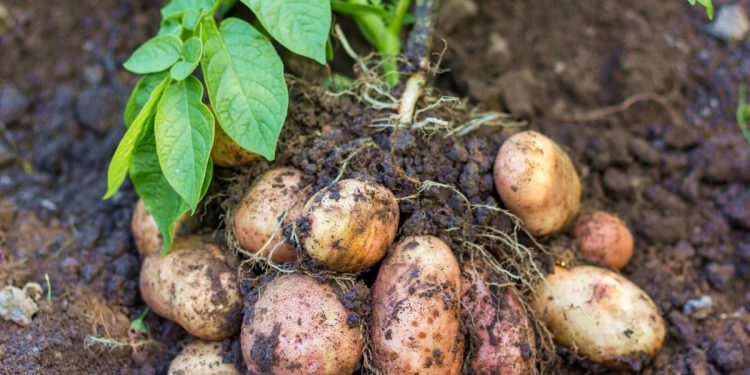#Dutchpotatoindustry #environmentalregulation #nitrogenemissions #agriculture #globalfoodsupply #farmers #agronomists #agriculturalengineers #farmowners #scientists
The Dutch potato industry is facing a potential crisis due to a new environmental regulation that may have a significant impact on potato crops. This article will explore the latest data on the issue and its potential consequences for farmers, agronomists, agricultural engineers, farm owners, and scientists who work in agriculture.
According to the latest data, the new environmental regulation in the Netherlands aims to reduce nitrogen emissions from agriculture. The regulation requires farmers to reduce nitrogen emissions by 50% by 2030, which may have a significant impact on potato crops. Potatoes are a nitrogen-hungry crop, and farmers may struggle to meet the new regulations without compromising their yields.
The Dutch potato industry is one of the largest in the world, and any disruption to its production could have significant consequences for global food supply. The industry is worth around €1 billion, and potatoes are a staple food in many countries. The new regulation may also have a knock-on effect on other crops, as farmers may need to rotate their crops to comply with the new rules.
The potential consequences of the new regulation are significant, and farmers, agronomists, agricultural engineers, farm owners, and scientists who work in agriculture need to be aware of the issue. The Dutch government is currently working with the industry to find a solution, but it is unclear what the outcome will be.
The new environmental regulation in the Netherlands may threaten the Dutch potato industry and have significant consequences for global food supply. Farmers, agronomists, agricultural engineers, farm owners, and scientists who work in agriculture need to monitor the situation closely and be prepared for any potential disruptions to potato production.







